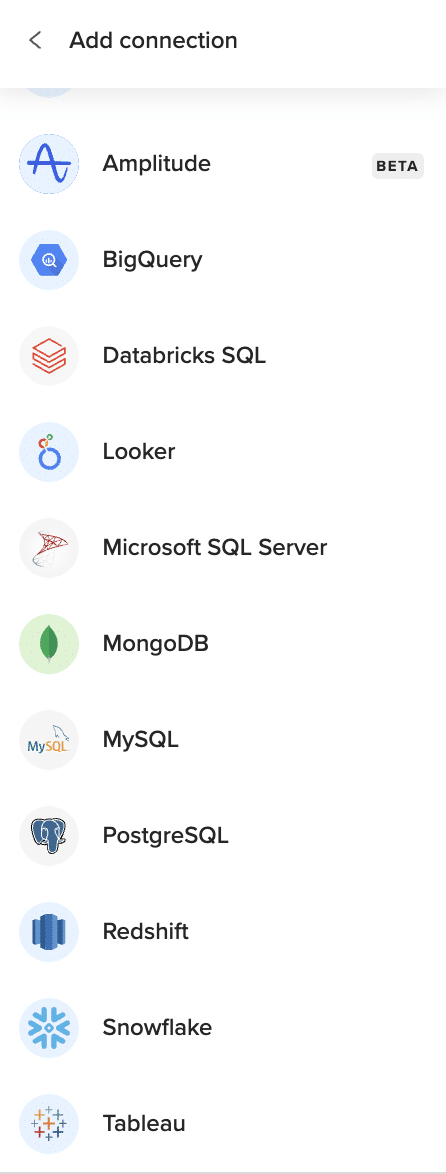Getting your SQL Server Columns data into Excel helps you understand your database schema and data structures. Coefficient connects SQL Server directly to your spreadsheet.
This guide walks you through importing your SQL Server Columns data into Excel using Coefficient.
TLDR
-
Step 1:
Step 1. Install Coefficient for Excel and connect your SQL Server account.
-
Step 2:
Step 2. Choose Import from… and select the Columns object.
-
Step 3:
Step 3. Apply any necessary filters and import the data to your sheet.
-
Step 4:
Step 4. Set up an auto-refresh schedule to keep the data current.
Step-by-step guide
Follow these steps to bring your SQL Server Columns data into Excel.
Step 1: Install and Connect Coefficient
To start, install the Coefficient add-in in Excel. Go to the Insert tab, click “Get Add-ins,” search for Coefficient, and install it from the store.
Open the Coefficient add-in from the Home tab. Select SQL Server when prompted to connect a data source.
Log in to your SQL Server account and authorize Coefficient to access your data.

Step 2: Import Columns Data
With SQL Server connected, click “Import from…” in the Coefficient sidebar.
Select SQL Server, then choose “Columns” from the list of objects to import.
You can select specific column fields or filter the data as needed before clicking “Import” to bring it into your Excel sheet.

Step 3: Set Up Auto-Refresh (Optional)
Keep your Columns data in Excel automatically updated by setting up auto-refresh. Find the auto-refresh options in the Coefficient sidebar after importing.
Schedule refreshes hourly, daily, or weekly. Your Excel sheet will then automatically sync with the latest column information from SQL Server.

Available SQL Server Objects
- Columns
- SQL
Trusted By Over 50,000 Companies
)






